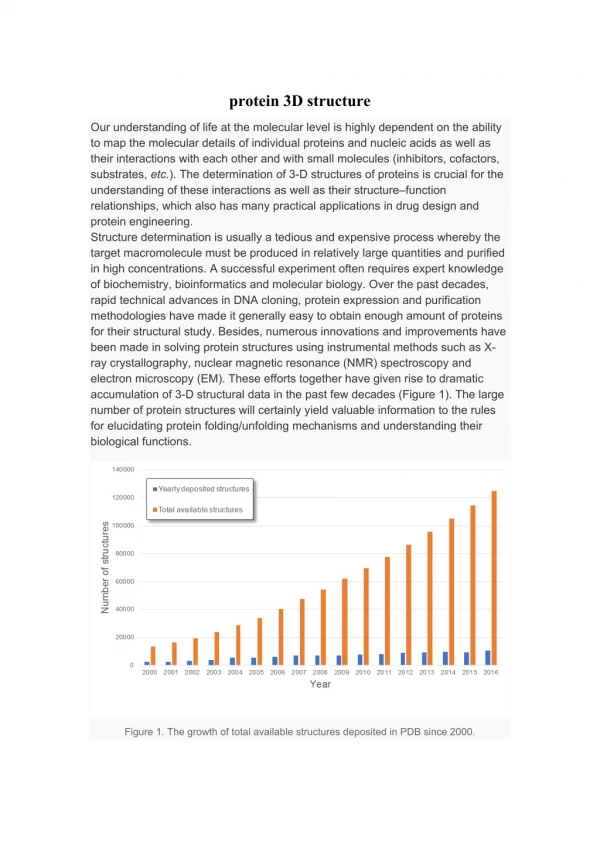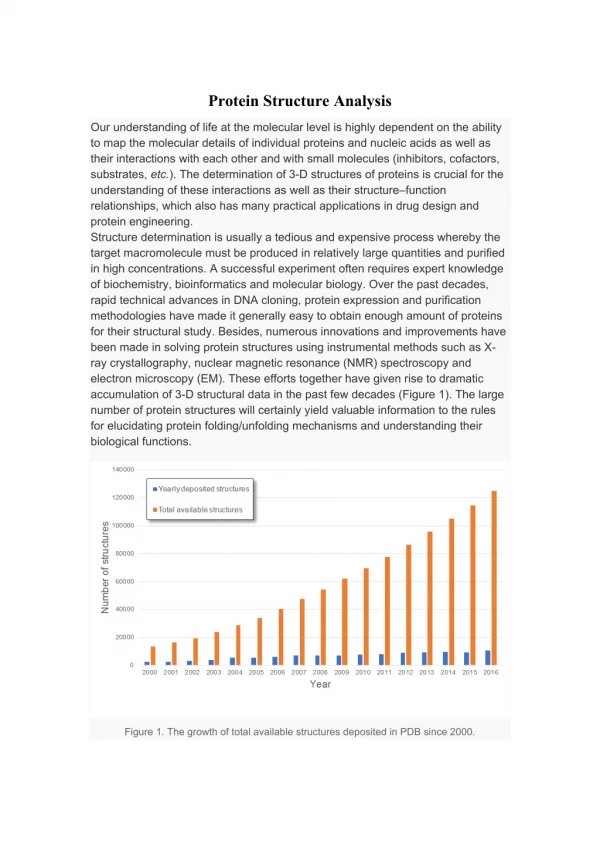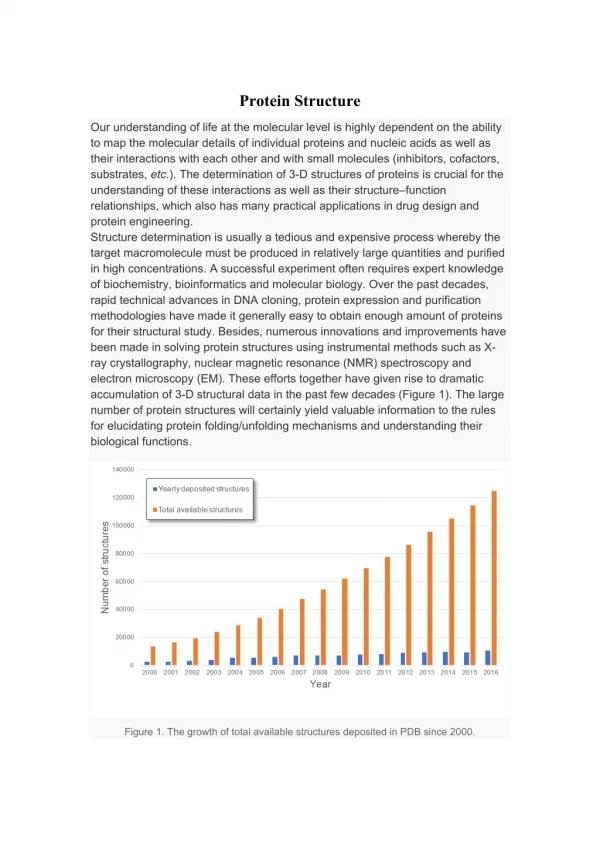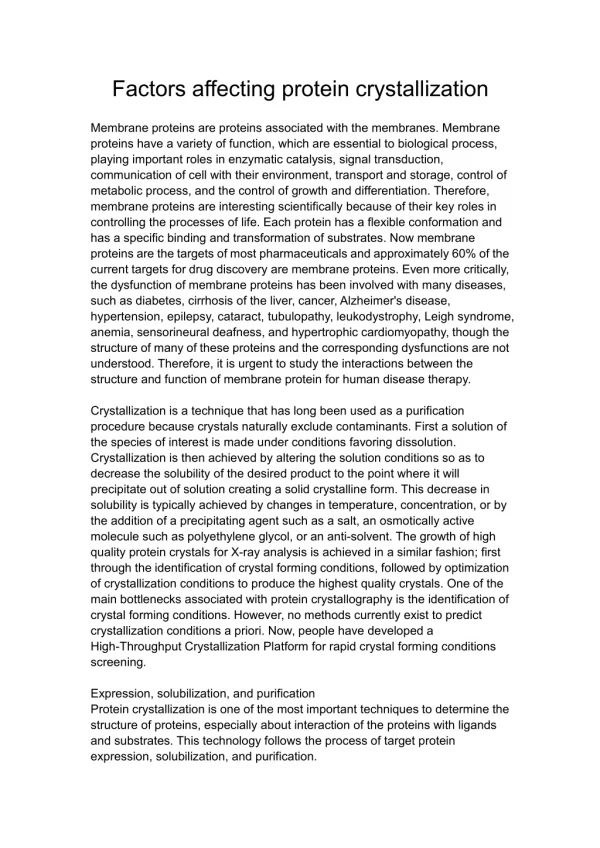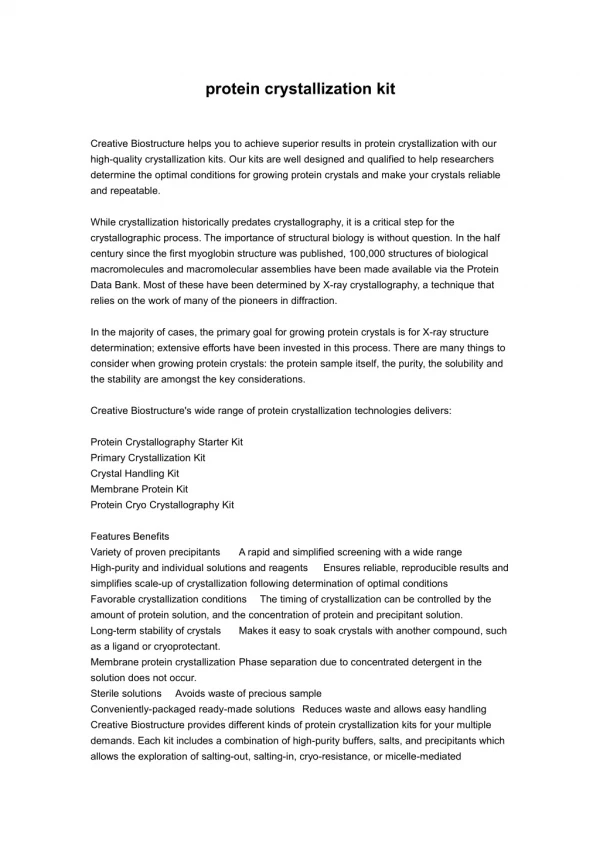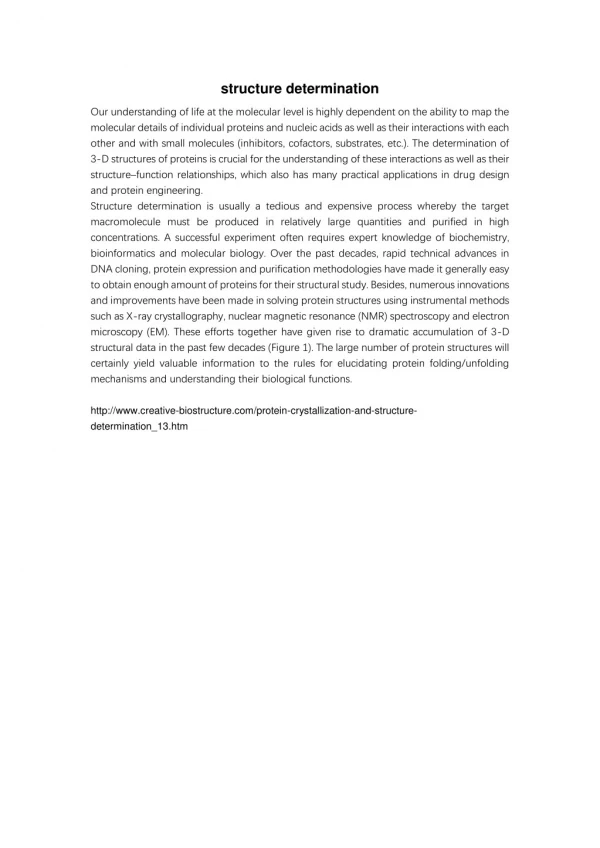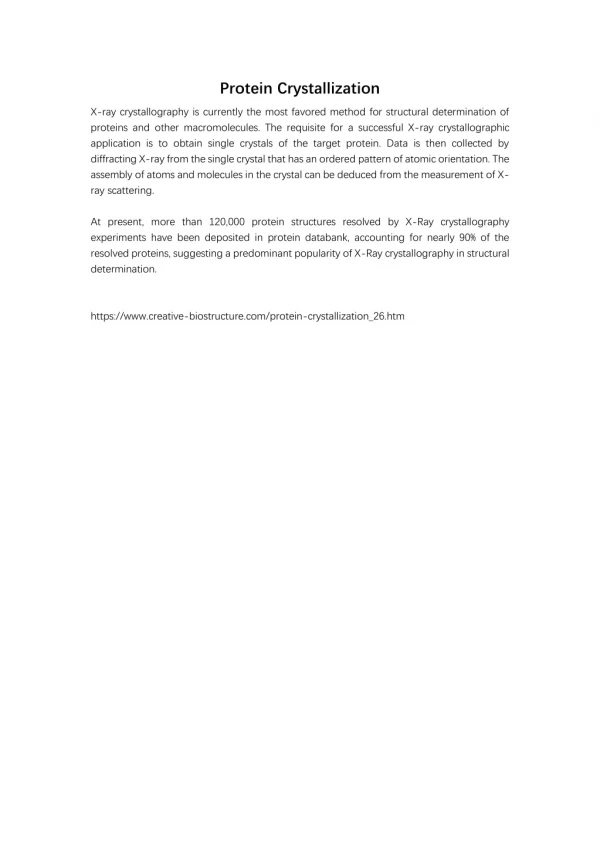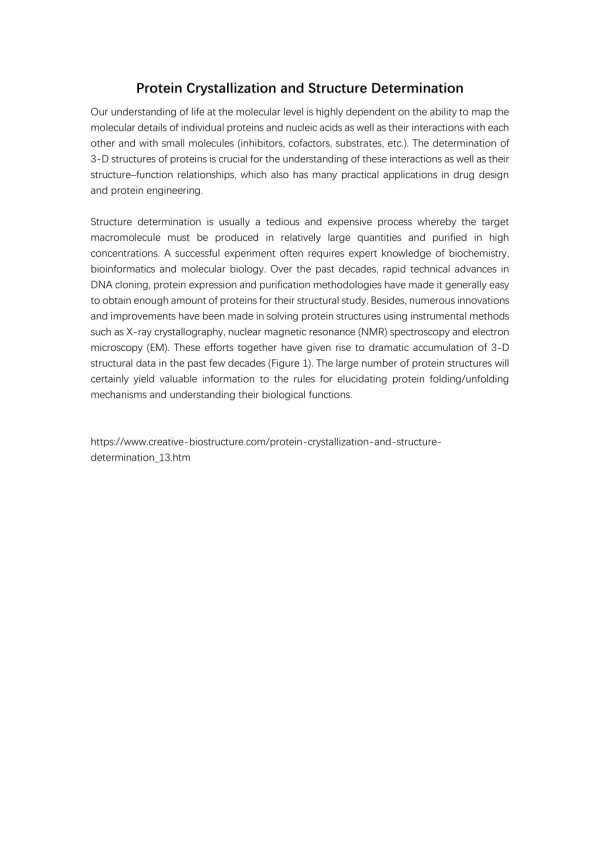factors affecting protein crystallization
Membrane proteins are proteins associated with the membranes. Membrane proteins have a variety of function, which are essential to biological process, playing important roles in enzymatic catalysis, signal transduction, communication of cell with their environment, transport and storage, control of metabolic process, and the control of growth and differentiation. Therefore, membrane proteins are interesting scientifically because of their key roles in controlling the processes of life. Each protein has a flexible conformation and has a specific binding and transformation of substrates. Now membrane proteins are the targets of most pharmaceuticals and approximately 60% of the current targets for drug discovery are membrane proteins. Even more critically, the dysfunction of membrane proteins has been involved with many diseases, such as diabetes, cirrhosis of the liver, cancer, Alzheimer's disease, hypertension, epilepsy, cataract, tubulopathy, leukodystrophy, Leigh syndrome, anemia, sensorineural deafness, and hypertrophic cardiomyopathy, though the structure of many of these proteins and the corresponding dysfunctions are not understood. Therefore, it is urgent to study the interactions between the structure and function of membrane protein for human disease therapy.
★
★
★
★
★
63 views • 3 slides







